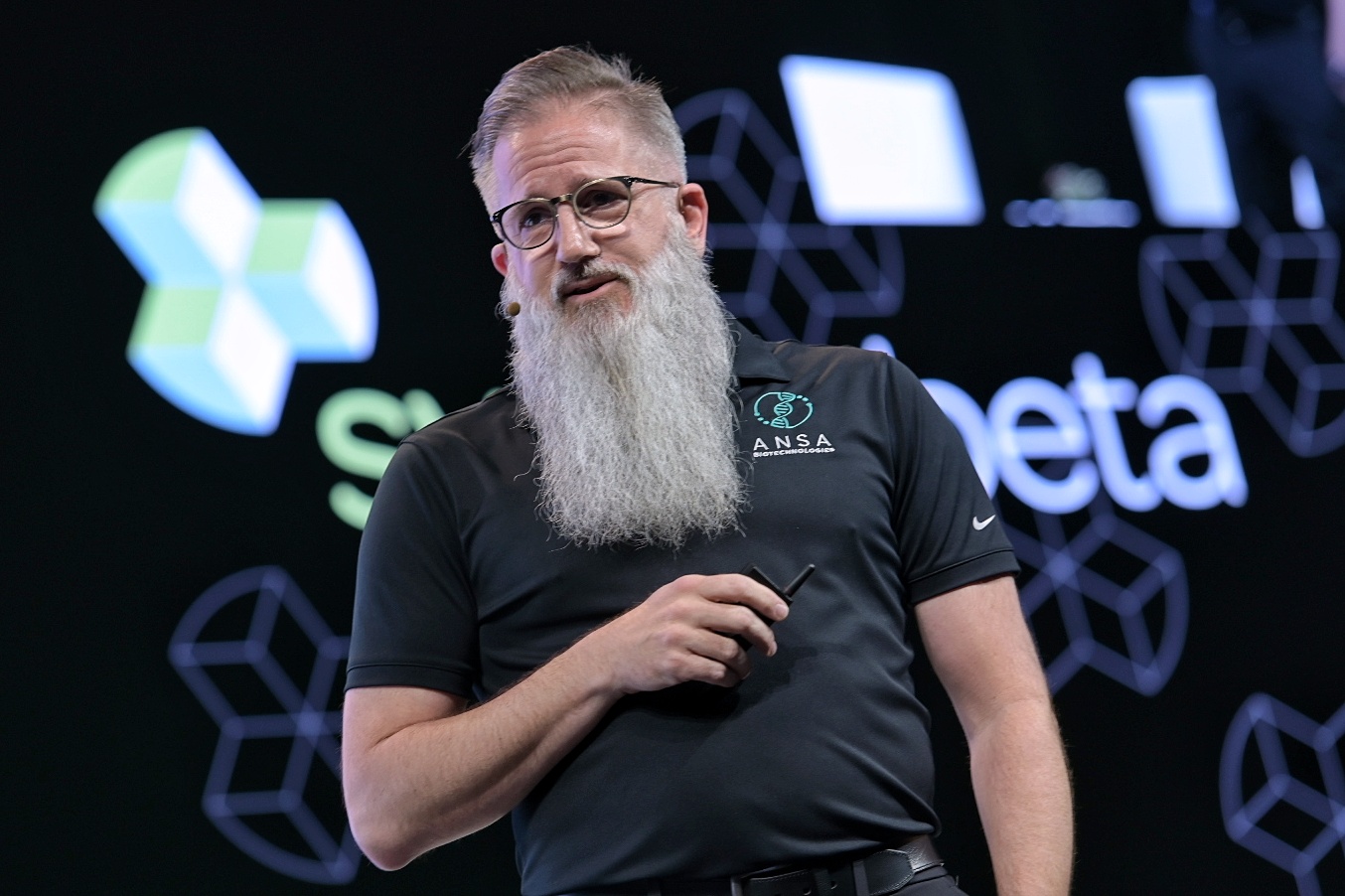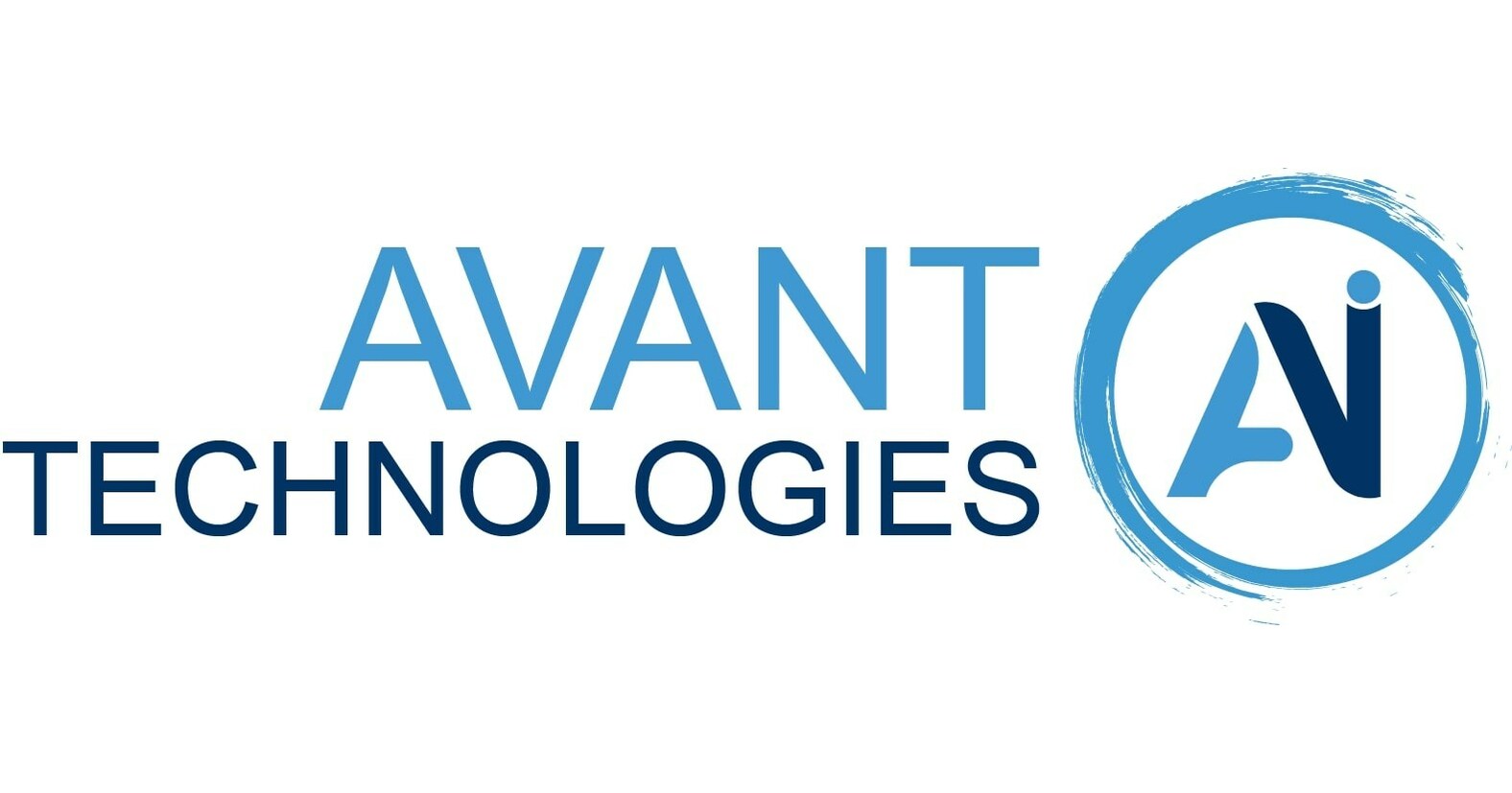
Why people are the cornerstone for successful scale-up
Why people are the cornerstone for successful scale-up
“People make products, products don’t make people.” -- Thomas J. Davis, Jr.These words, uttered by the founder of Silicon Valley investment firm Mayfield 50 years ago, have been heard and repeated by entrepreneurs around the world. They may seem cliche, but like any good cliche, they contain an important truth worth paying attention to.Ursheet Parikh, Partner at Mayfield, knows well what makes the difference between startups with good ideas and startups that actually bring good ideas to market -- and he knows that the people are a critical factor. At SynBioBeta 2019, Parikh shared his knowledge during a panel session on scaling companies in the precision medicine space. Also joining the panel were moderator Raj Judge (Wilson Sonsini Goodrich & Rosati), Janice Chen (Mammoth Biosciences), Jeff Huber (GRAIL), Charlie Silver (Mission Bio) and Mostafa Ronaghi (Illumina). Sharing their own experiences, each panelist emphasized the importance of building the right team.
Investing in people
It’s true that money makes the gears turn, but consider this: without the right expertise, vision, and focus brought to the table by the team members -- a formidable combination that instills confidence in any would-be investor -- a company may be doomed to fail before it even gets off the ground.Investors must be confident that the team the founders have built is capable of actually making a product. And, they must be confident that the CEO is an adept leader that can drive his or her team. To achieve this, says Parikh, it is critical that the CEO commits to becoming the best CEO for their team members, investors, and stakeholders. And a person can’t be the best CEO if they aren’t intellectually honest.“You can't build a company for the long haul if you are not intellectually honest, if you cannot understand and acknowledge your strengths and your weaknesses, what you do well and where you need help,” says Parikh. “That’s the top missing ingredient in so many entrepreneurs -- being self aware. There are a lot of scientists who have this tendency to take inspiration, but then they want to go in and do it all. To be the best CEO for your team, you need to find the best people for each of the problems and bring them into the company, rather than trying to learn from those people and then figure it out on your own.”This may be different from the norm, in which the CEO is often the true scientific or product innovator. Instead, Parikh urges CEOs in the precision medicine space to find people smarter than them to be effective co-founders, and then build the best team that they can around that strong foundation.People also need to be willing to unlearn what they’ve been doing for a long time says Parikh. In this new era, where precision medicine companies are facing unique challenges, funding landscapes, and ways of doing things, a mind open to learning is the mind best able to learn from the team members that are “smarter than you.”

Getting ahead with diverse skill sets
When it comes to recruiting the right people for your team, Silver says it’s important to recruit people who are experts at what they do, not at what your company does.“You want to find people who are nimble and agile as opposed to people who are experienced in what you do, because by definition what you do has never been done before,” he says. “At Mission Bio, we build a very multidisciplinary product so we bring together the top expertise in all disciplines from, hardware and software instrumentation to microfluidics, molecular biology, and basic chemistry. We put together a very experienced, very diverse set of people on a very diverse set of technologies.”Judge agrees. “A successful company has a lot of experts coming together. There’s the synthetic side, which takes tremendous understanding and depth in biology. And there’s a certain understanding of data and analytics that a company needs to have, and that’s a very different skill set.”It’s also important to think ahead, says Silver, which is one of the best ways to head off mistakes before they happen. At Mission Bio, he says, “we recruit one stage behind where we’re at ... if you have that experience that’s a couple of years down the road then in many ways you’ve eliminated a lot of mistakes that you would have otherwise had along the way.”His company also focuses on the commercial side early on, not just the engineering side. “In the early days, it’s tempting to be very engineering oriented and not as commercial oriented as you might expect, particularly in a technology-driven company. We’ve gone out of our way to recruit the very best in marketing and product management -- people who scope out the market as we build the technology to get there.”
Company culture
With so much diversity on a single team, teamwork is critical. Founders and CEOs can go a long way toward building a strong team simply by demonstrating that they believe in the people they’ve recruited into the company -- people who believe in their mission as much as they do. Chen adds that building the right company culture, and building it early, is critical.“For us the early hires were some of the most important hires of the company because they really helped set the culture.”And for Parikh, one thread that should weave throughout the culture of all companies in the space -- at least those that want to scale successfully -- is that of “build to last.”“Instead of looking for a three to five year answer you need people who are coming in with a seven to 10 year horizon. You do need to have the scientists and the technologies, but you also need to have the culture of build to last versus build to flip.”This is part two of a three part series inspired by the Digitizing biology and scaling precision medicine companies session at SynBioBeta 2019, sponsored by Mayfield. Read part one here.



.svg)









-min.png)

.gif)